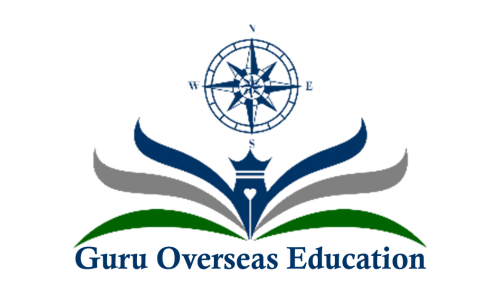Turkey is a popular destination for international students, including those from Africa, due to its high-quality education system, rich cultural heritage, and relatively affordable tuition fees. Many Turkish universities offer English-taught programs and have a welcoming approach toward international students, making it an attractive choice. Here are some of the best universities in Turkey with high rates of admission for international students, especially those from Africa:
Reasons to Study in Turkey
Affordable Education: Turkish universities provide competitive tuition fees, making quality education accessible to international students.
Globally Recognized Institutions: Many universities in Turkey rank among the world’s top institutions, offering diverse academic programs.
Cultural Diversity: Positioned at the crossroads of East and West, Turkey fosters a multicultural and enriching educational environment.
English-Taught Programs: Numerous universities offer programs in English, ensuring international students can easily adapt.
Scholarships and Financial Aid: Turkey provides various scholarships, including the Türkiye Bursları, which cover tuition, accommodation, and living expenses.
High Employability Rate: Turkish universities emphasize practical skills, equipping graduates for success in global job markets.
Strategic Location: Turkey’s central position allows easy travel to Europe, the Middle East, and Asia, enhancing both cultural and professional opportunities.
Safe and Welcoming Environment: With modern infrastructure and a hospitable culture, Turkey offers a secure and comfortable living experience for students.
260K+
International Students
85%
Employability Rate
200
Universities
1000+
Scholarships
2 Years
Work Visa
90%
Visa Approval Rate
An Overview of Turkey’s Comprehensive Education System
Turkey provides a globally competitive education system, blending academic excellence with cultural richness. With its focus on affordability, innovation, and employability, Turkey is a gateway to a bright future for international students.
1. Undergraduate Programs
Typically span 4 years, offering degrees in engineering, medicine, business and more.
2. Postgraduate Programs
Master’s programs generally last 1–2 years, while PhDs takes 3-5 years, emphasizing research and specialization
3. Quality Assurance
The Turkish Higher Education Council (YÖK) ensures academic standards and accreditation across all institutions.
4. Bologna compliance process
Turkey is a part of the European Higher Education Area, allow easy recognition of degrees across Europe.
TOP UNIVERSITIES
Tuition fees in Turkey are highly affordable, ranging from $1,000 to $5,000 per year for undergraduate programs. Postgraduate programs typically cost between $2,000 and $5,000 annually, with lower fees at public universities. Scholarships significantly reduce these costs for eligible students.
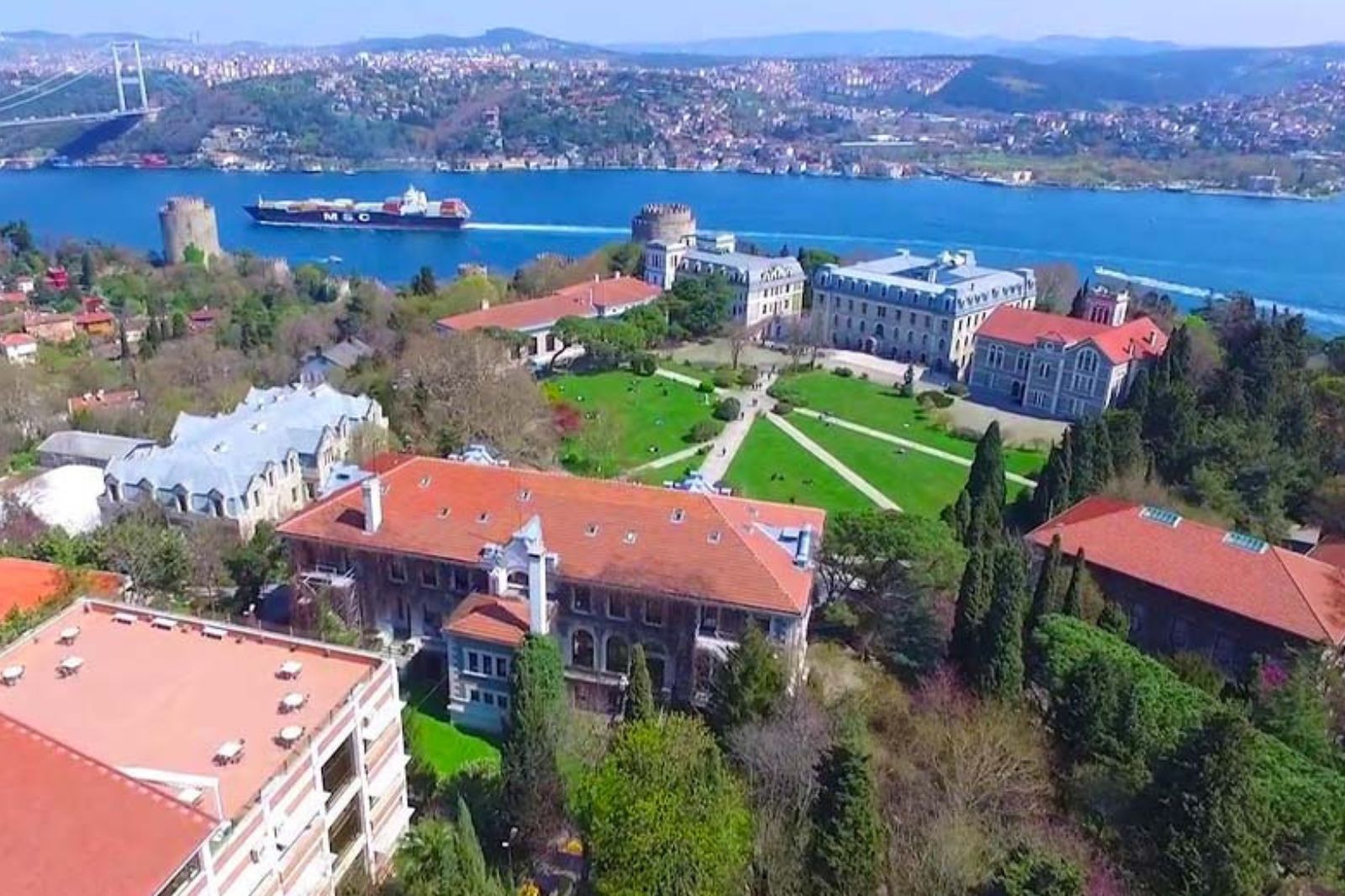
Bogazici University
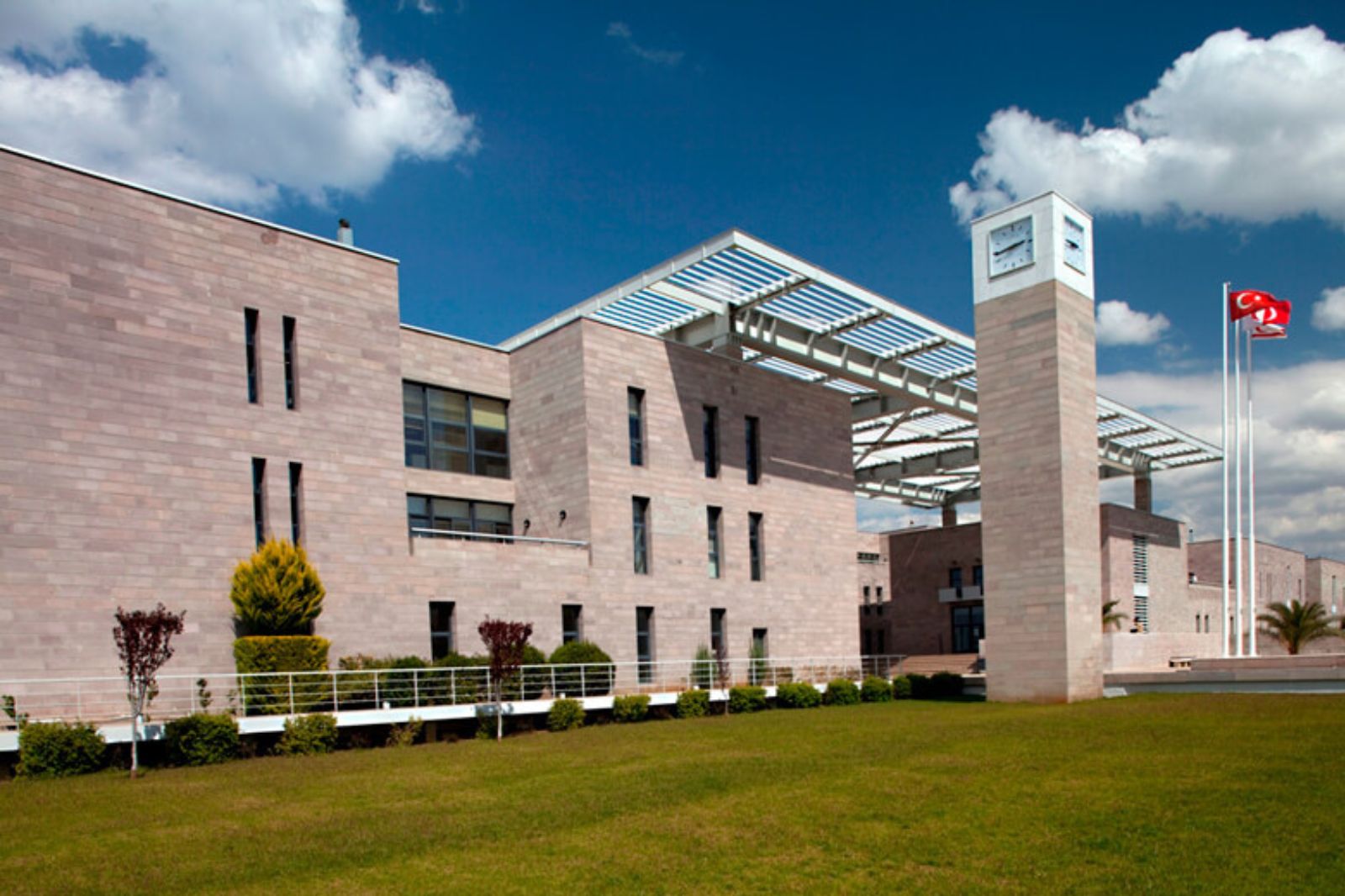
Middle East Technical University
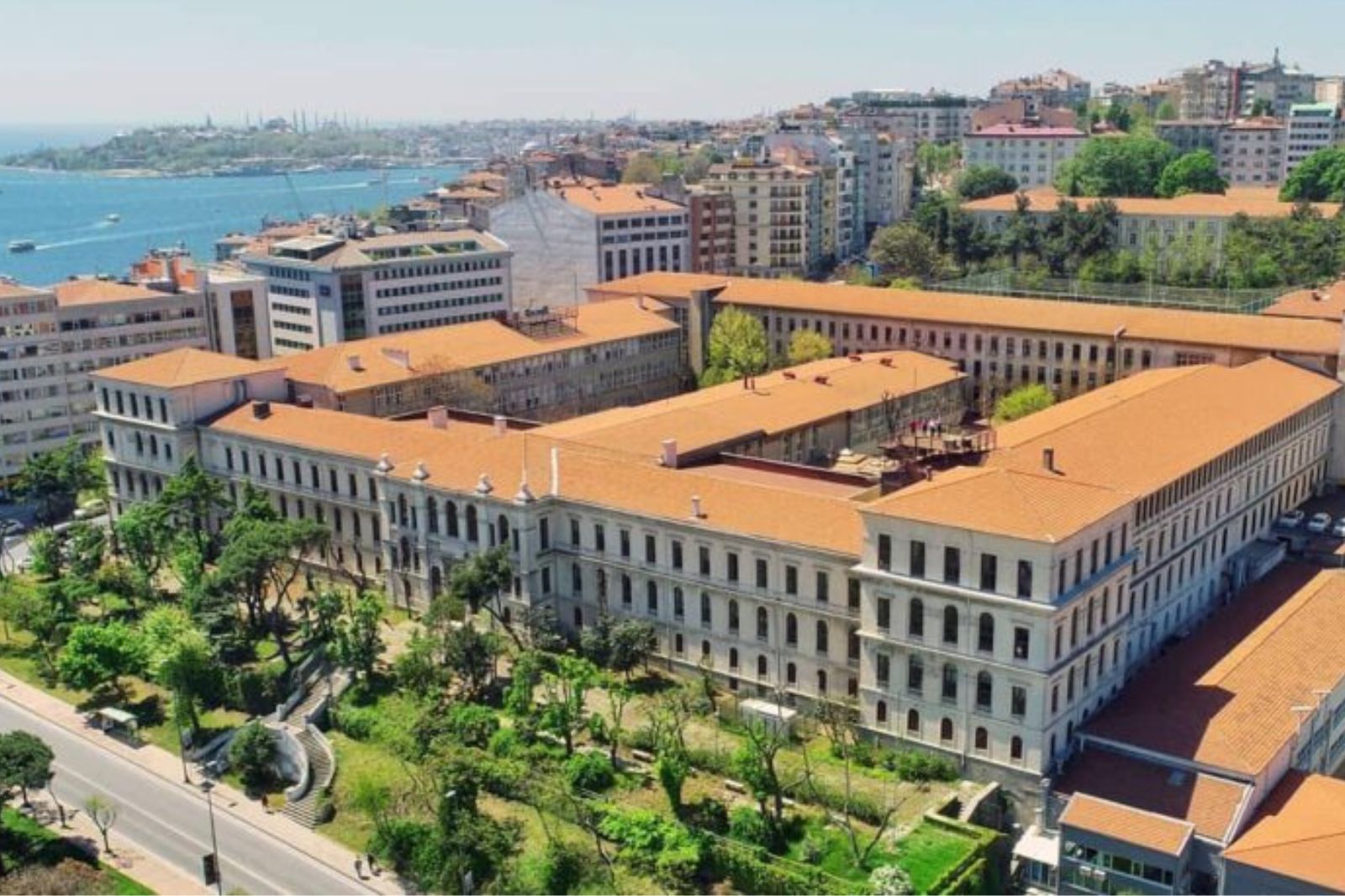
Istanbul Technical University

Hacettepe University
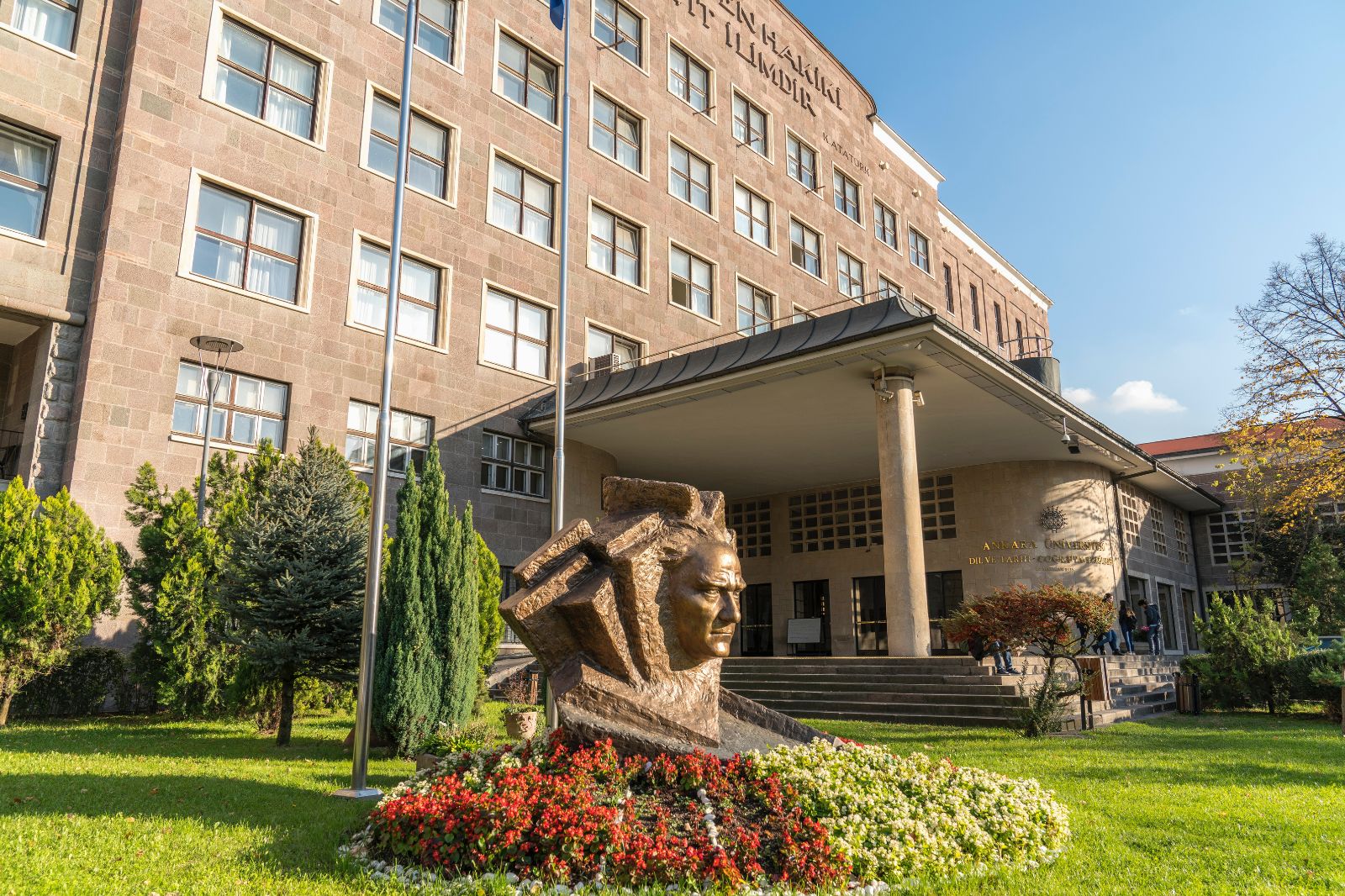
Ankara University
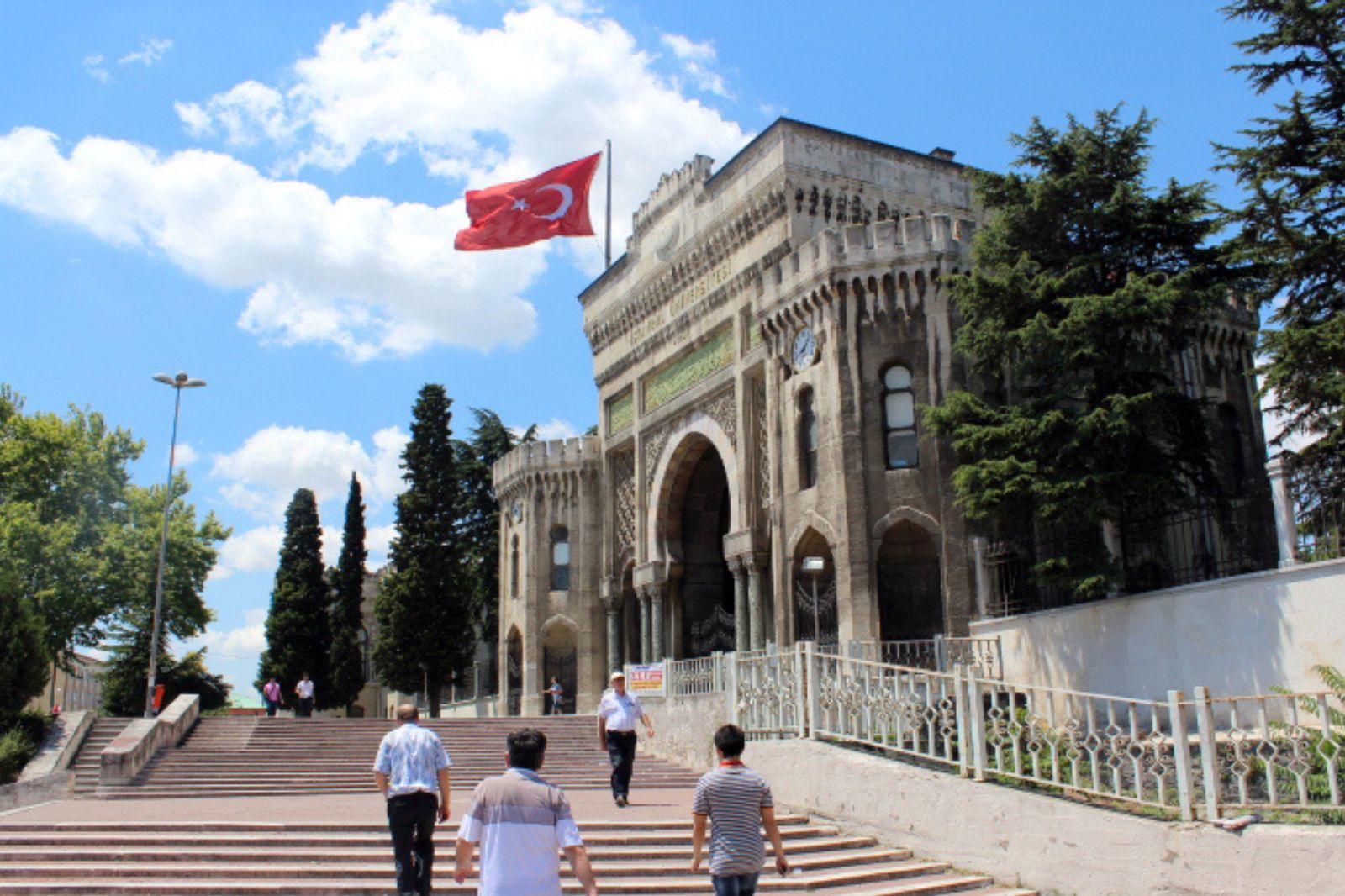
Istanbul University
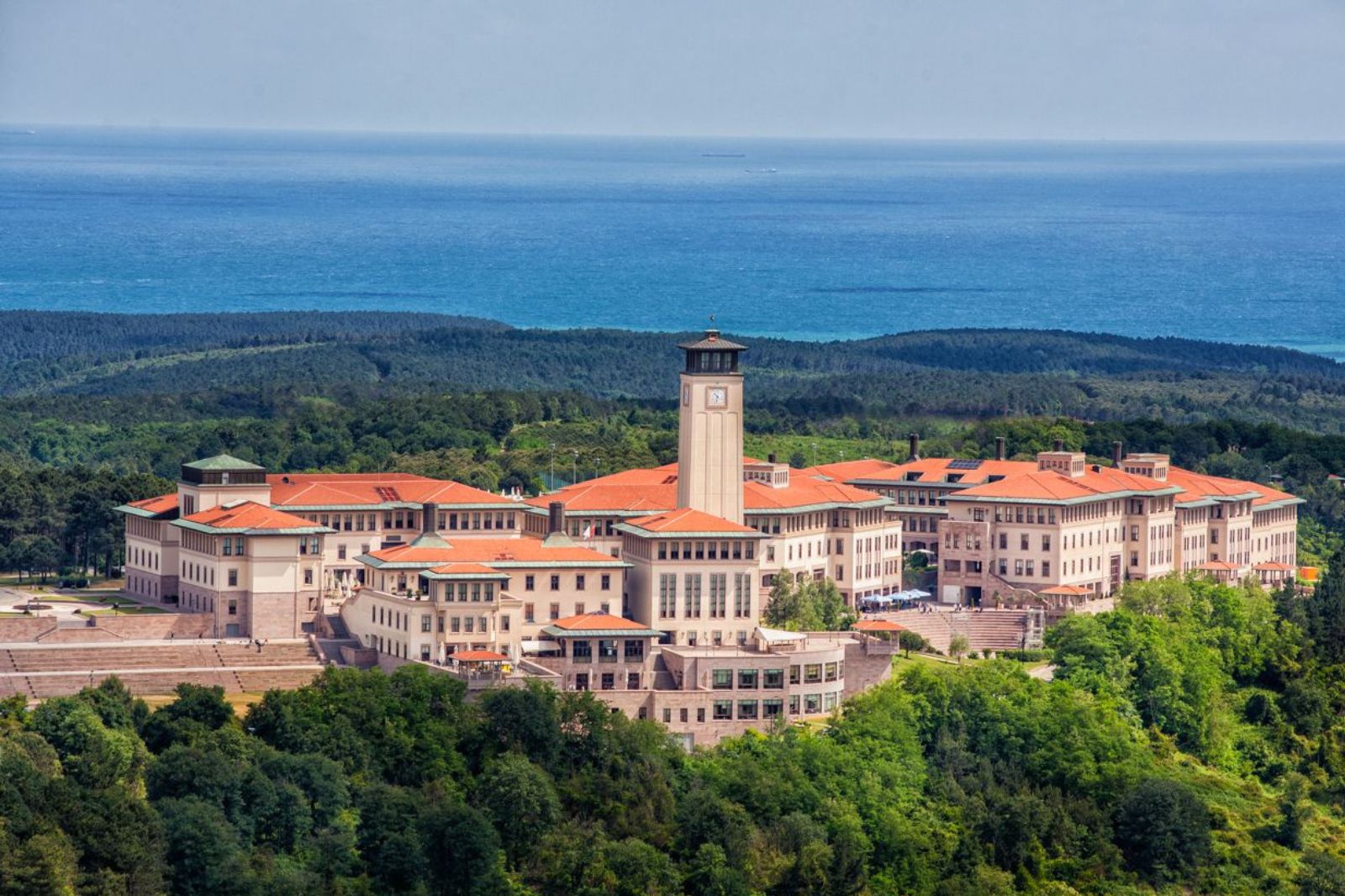
Koc University
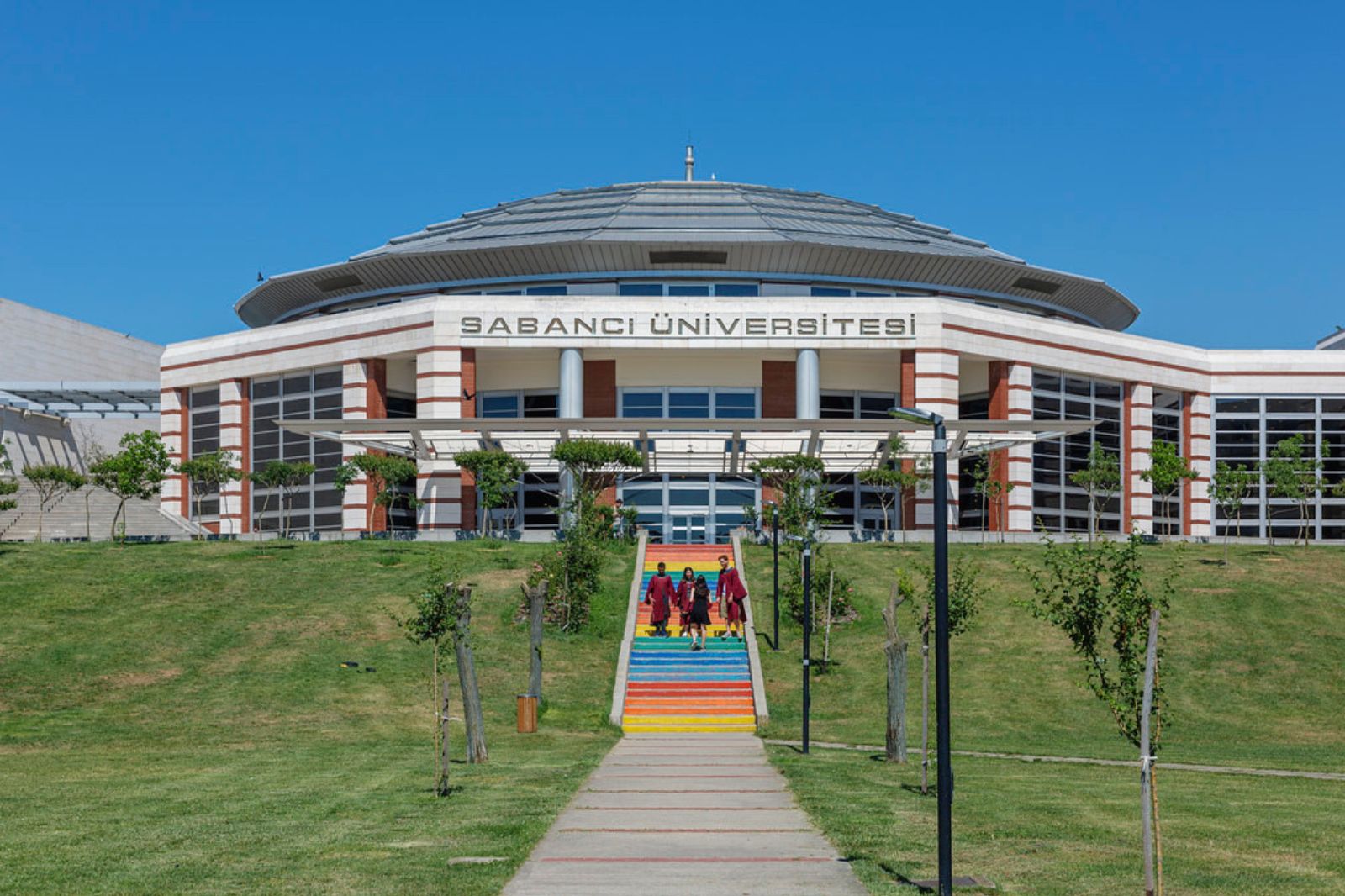
Sabanci University

Bilkent University

Medipol University
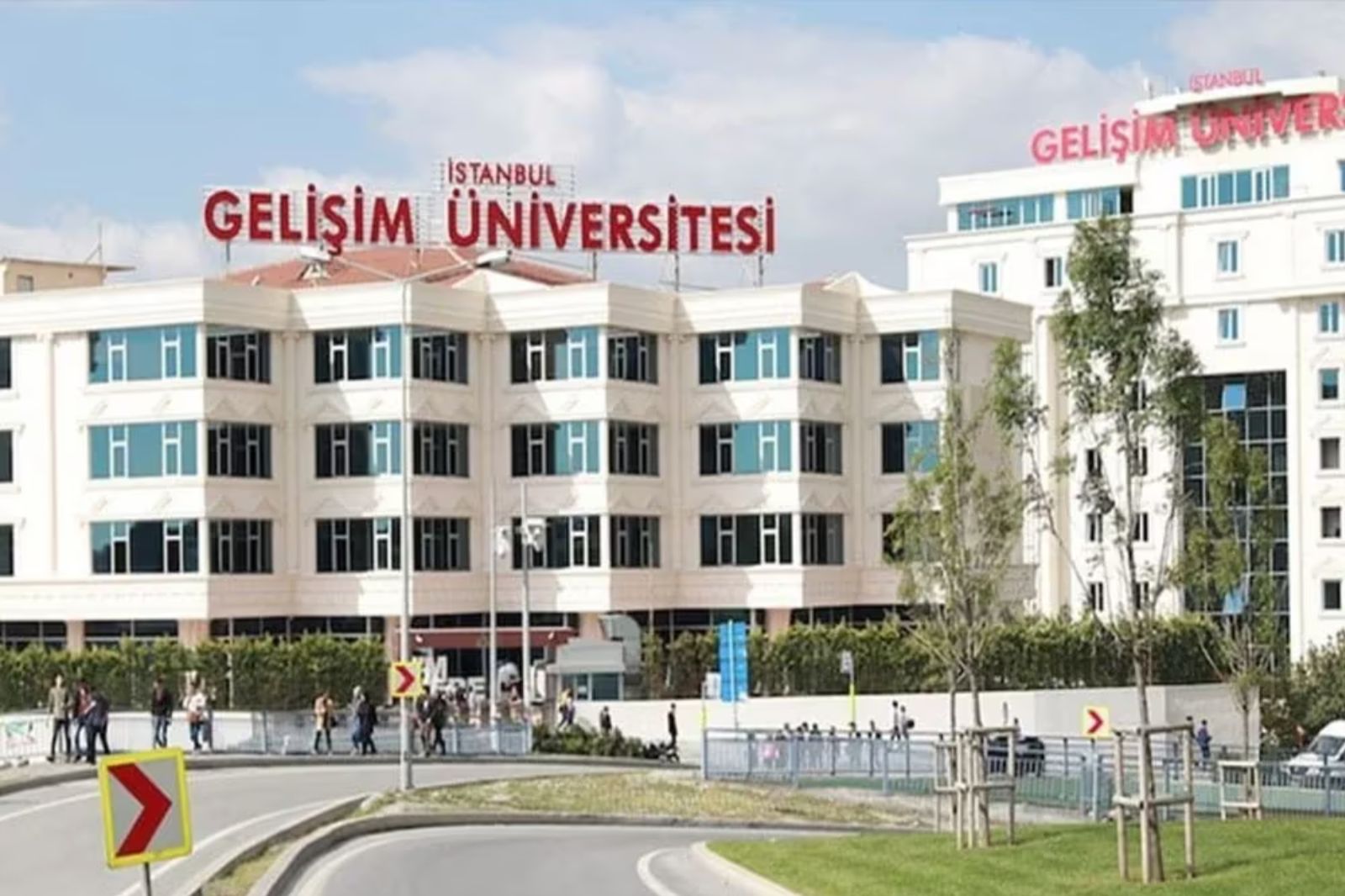
Gelisim University
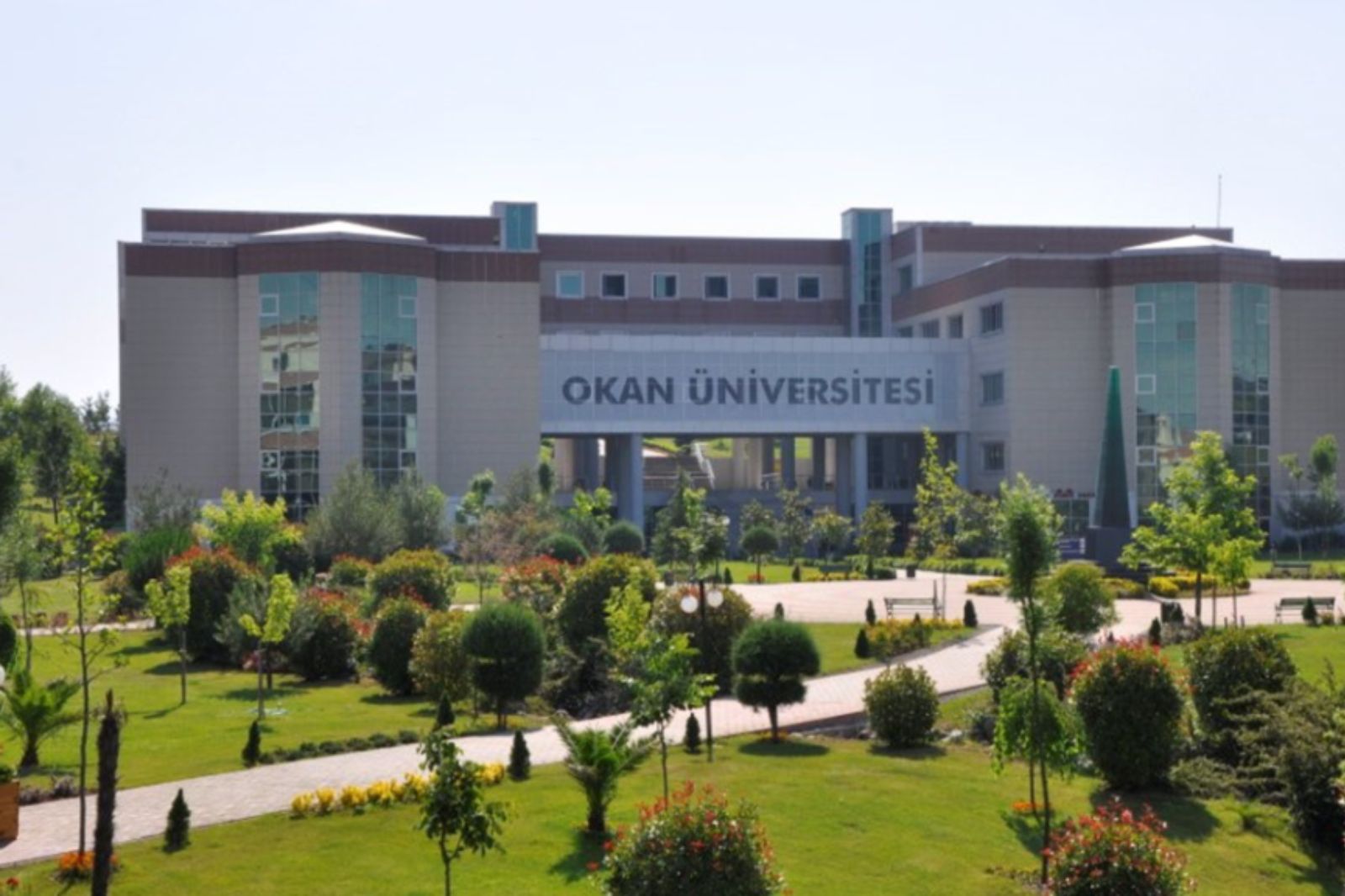
Okan University
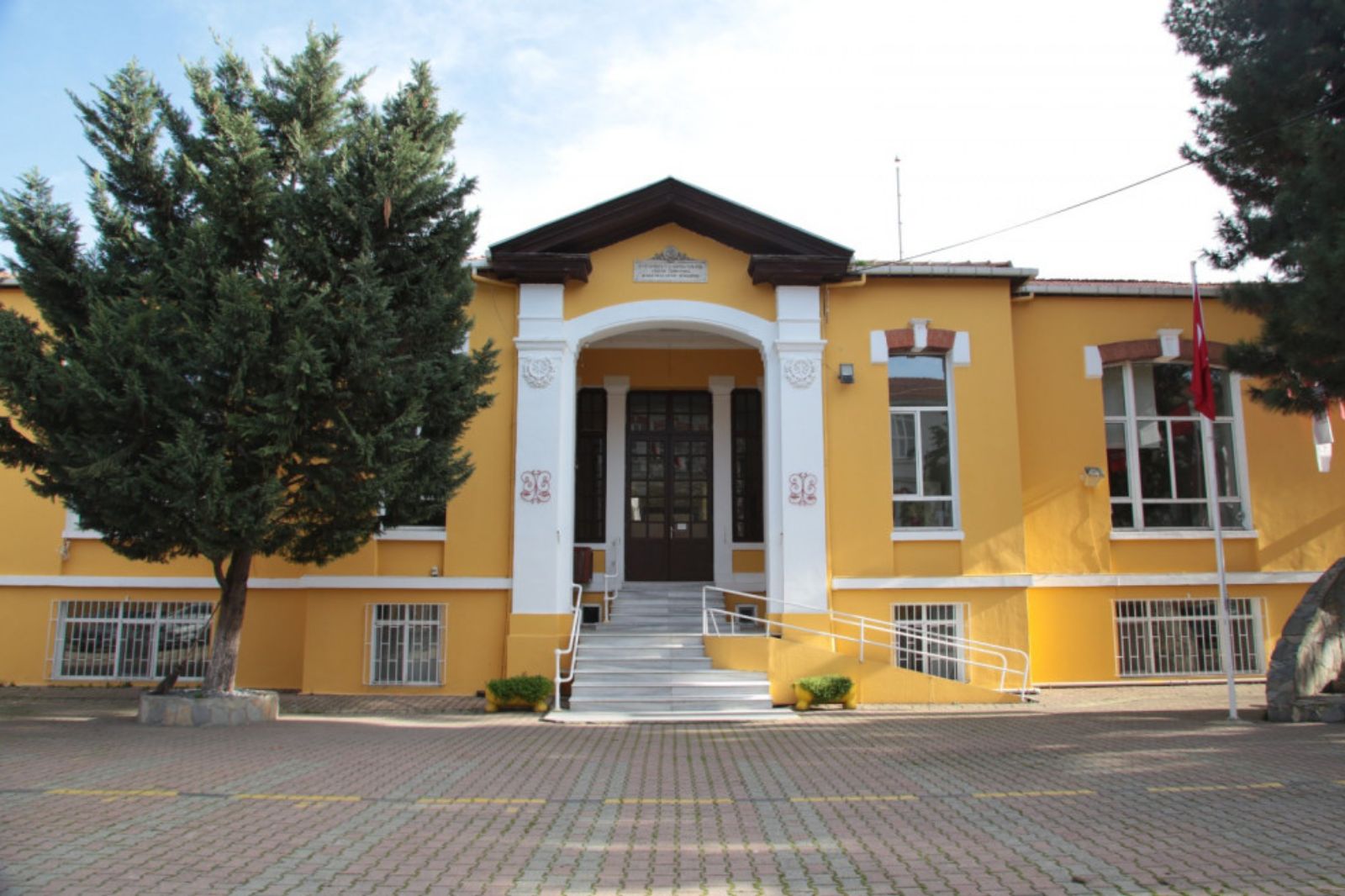
Topkapi University
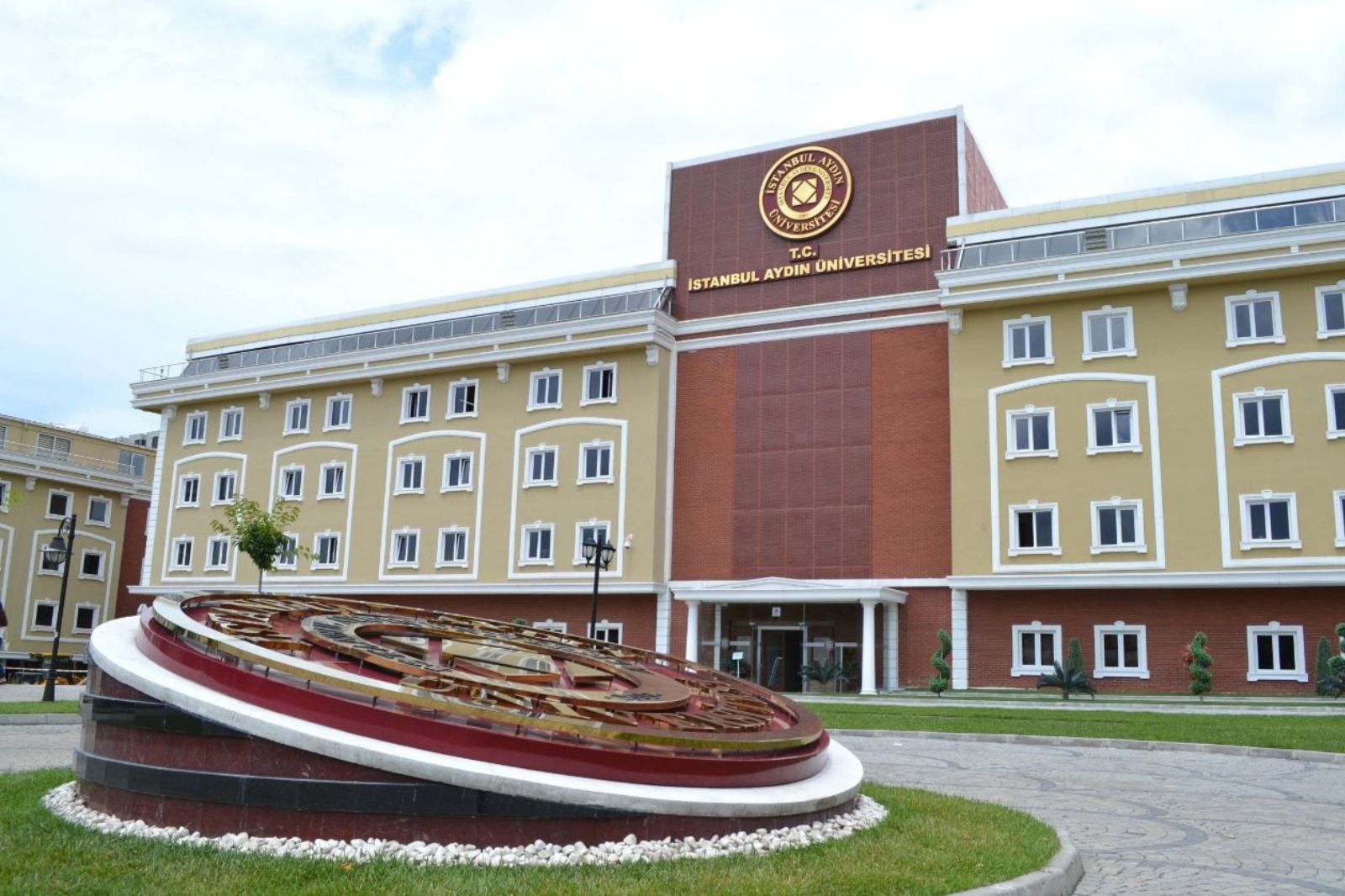
Istanbul Aydin University
Study in Turkey Universities
These programs are designed to equip students with practical skills, theoretical knowledge, and global perspectives.
Business Management
Covers fields like accounting, marketing, and entrepreneurship, preparing students for roles in global business environments.
Engineering and Technology
Offers specializations such as civil, electrical, and software engineering, focusing on innovation and real-world applications.
Health and Medicine
Includes nursing, public health, and medicine, providing top-notch facilities for clinical training and research.
Arts and Humanities
Encompasses history, literature, and creative arts, fostering critical thinking and cultural understanding.
Social Sciences
Explores psychology, sociology, and political science, addressing societal challenges and global issues.
Information Technology
Focuses on data science, AI, and cybersecurity, equipping students for careers in the tech-driven economy.
Natural Sciences
Covers biology, physics, and environmental sciences, emphasizing research and problem-solving in scientific fields.
Law and Legal Studies
Specializes in corporate, international, and human rights law, preparing students for diverse legal careers.
Education and Teaching
Focuses on early childhood, primary, and secondary education, training future educators.
Agriculture and Environmental Sciences
Addresses sustainable farming, forestry, and climate challenges, blending theory and practice.
Architecture and Design
Offers urban planning, interior design, and architecture, fostering creativity and technical expertise.
Media and Communication
Includes journalism, PR, and digital media, preparing students for dynamic communication roles.
Cultural and Social Life
Turkey offers a vibrant lifestyle with a mix of historical charm and modern amenities. Tanzanian students will enjoy exploring Turkey’s rich history, delicious cuisines, and diverse social activities. The hospitable Turkish people and active student communities ensure a welcoming and dynamic experience.
Estimated Monthly Living Expenses
Turkey offers an affordable cost of living compared to many other countries. Students benefit from low costs for accommodation, transportation, and food, with opportunities to work part-time for additional income
$ 150
Accomodation
$ 100+
Food and Groceries
$ 40
Transport
$ 30+
Utilities
$ 30+
Student Health Cover
$ 130+
Other Expenses

Frequently Asked Questions
To study abroad, you typically need a valid passport, academic transcripts, an admission letter, proof of English proficiency (e.g., IELTS, TOEFL), and financial evidence to support tuition and living expenses.
Guru Overseas Education guides students through the entire study abroad process, including university selection, application submission, visa assistance, and pre-departure preparations for their chosen destination.
Yes, many universities abroad offer scholarships based on merit or financial need. Guru Overseas Education provides guidance on finding and applying for these opportunities. Additionally, we offer short-term financial support options to assist students in covering initial expenses.
Yes, international students are generally allowed to work part-time, usually up to 20 hours per week during academic terms and full-time during breaks, depending on the regulations of the country where they are studying.

Get Best Universities and Colleges
Guru Overseas Education is your trusted gateway to international education, empowering Tanzanian students to explore world-class learning opportunities, broaden their horizons, and transform their future through professional guidance and comprehensive support across 20+ global destinations.

